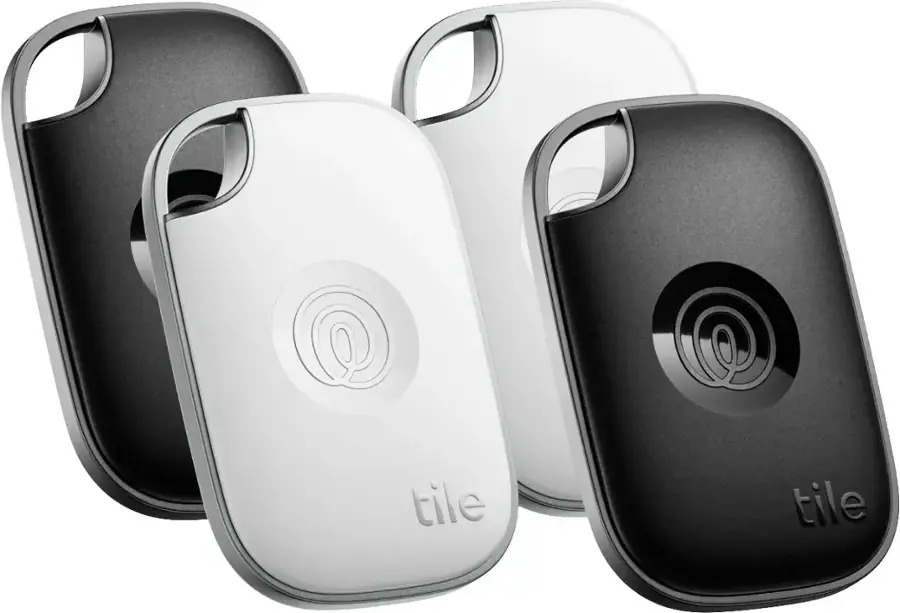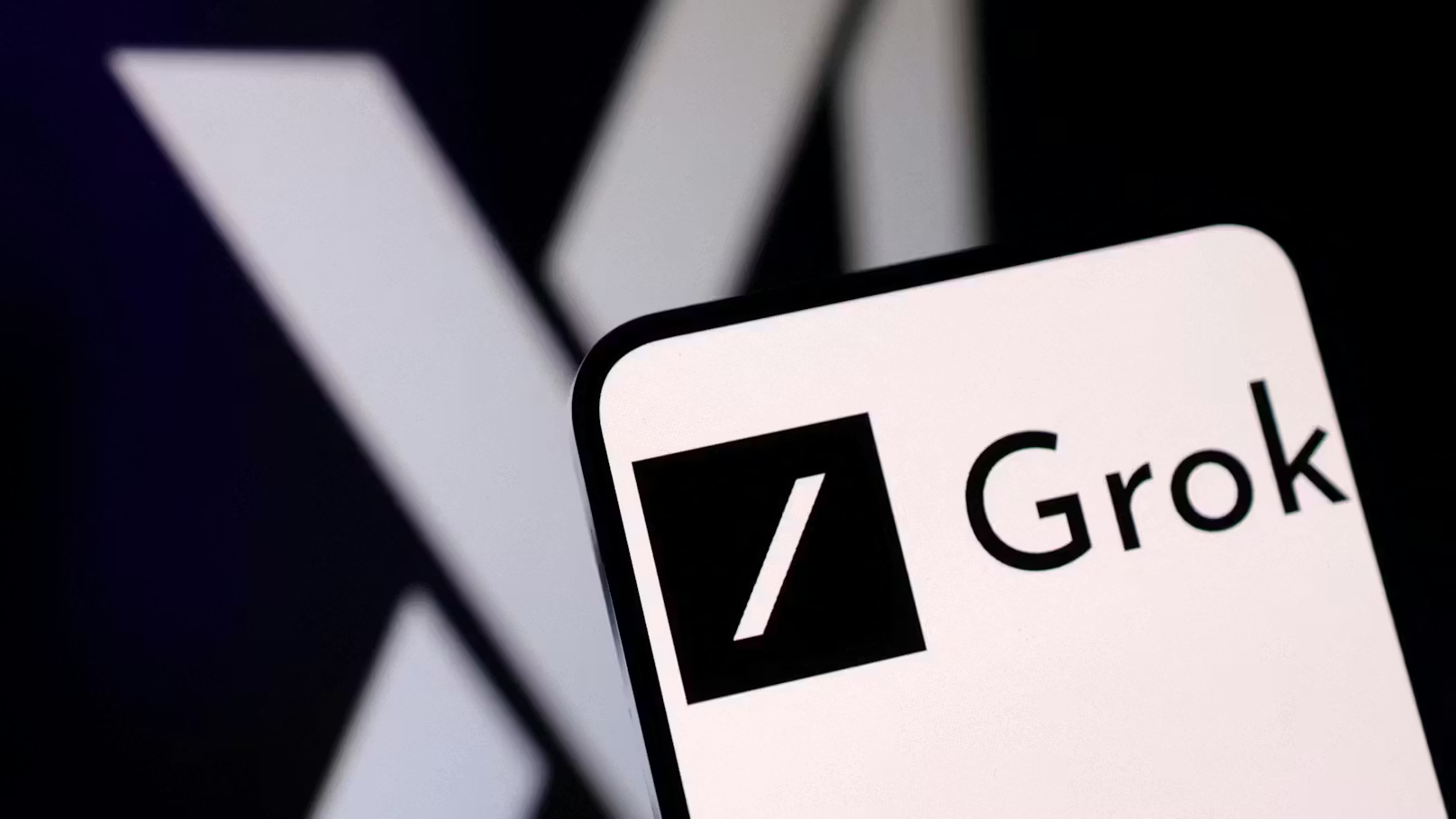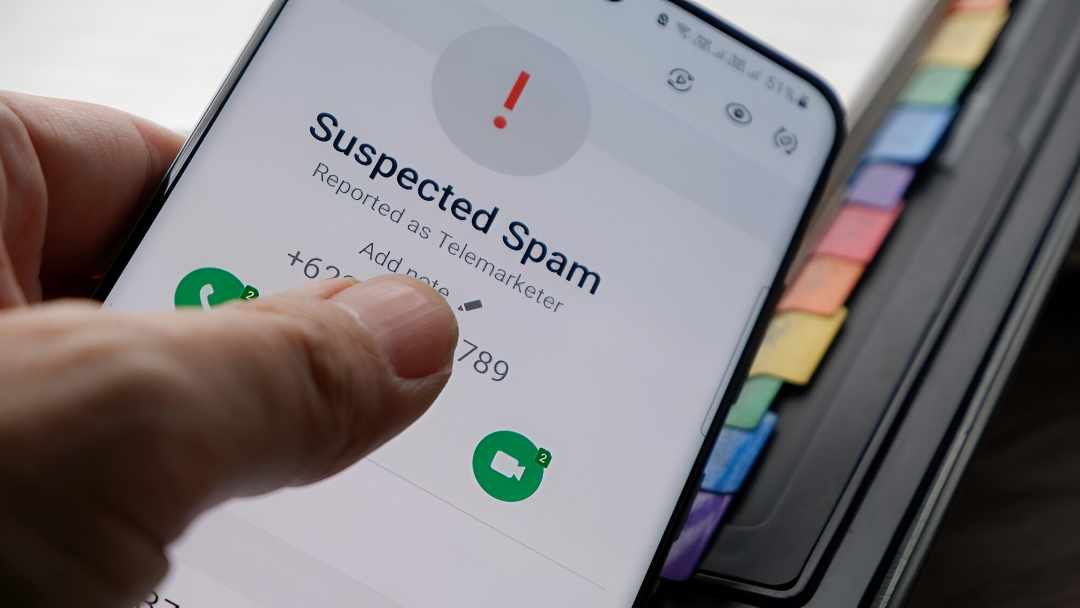That Tile tracker helping you find your keys? It’s also helping strangers track your every move. Security researchers at Georgia Tech have exposed a fundamental flaw in Tile’s architecture that turns these popular gadgets into persistent stalking beacons—and there’s no software fix coming.
Unlike Apple AirTags or Google’s Find My network, Tile trackers broadcast a static, unencrypted MAC address that never changes. Think of it like shouting your Social Security number at every coffee shop, gym, and office building you enter. Any bad actor with basic Bluetooth scanning equipment can record this unique identifier once, then track your Tile—and you—indefinitely across the entire Life360 network.
The “Security” Theater Problem
Manual scanning and ID requirements offer false confidence against determined stalkers.
Tile’s “Scan and Secure” feature sounds reassuring until you realize it requires manual operation and gets defeated by simple technical workarounds. The company’s “accountability” mode—requiring government ID and threatening million-dollar fines—exists nowhere else in the tracker industry because it’s security theater. Real protection comes from encrypted rotating identifiers that make persistent tracking impossible, not legal threats that stalkers routinely ignore.
While Life360 has acknowledged the security research, their statements have focused on vague “security improvements” rather than addressing the fundamental hardware architecture problem.
Your Emergency Action Plan
Every minute your Tile stays active extends your tracking vulnerability.
- Locate every Tile device using the app’s ring feature, then remove batteries or disable them in settings
- Powered-down Tiles can’t broadcast signals or be tracked
- Review your Life360 account immediately—revoke access for anyone you don’t completely trust and delete devices you’re not actively using
This isn’t paranoia; it’s damage control for a product that’s fundamentally broken.
The Migration Reality
Hardware flaws require hardware replacement, not software patches.
Life360 has offered vague promises about “security improvements” since researchers disclosed these vulnerabilities in late 2024, but static MAC addresses are baked into Tile’s hardware architecture. iPhone users should migrate to Apple AirTags, which use encrypted, rotating identifiers and automatic stalking detection.
Android users have secure alternatives through Google’s Find My Device network. Cross-platform options like Chipolo and Pebblebee work with both systems while inheriting their privacy protections.
Your choice is stark: accept that anyone can track your movements, or switch to a tracker built for today’s privacy-conscious world. Your safety is worth more than the inconvenience of buying new hardware.




























